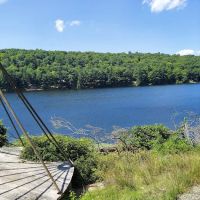Camp Winonah Introduce
For many New Yorkers, the idea of a summer camp evokes fond memories of childhood, outdoor adventures, and unforgettable experiences. While Camp Winonah, located in Southfields, NY, might not be currently operating in the traditional sense, its rich history as "Camp Wabenaki" provides a fascinating glimpse into a beloved institution that shaped countless lives. For decades, this site served as a vibrant summer haven for children from New York City, particularly those from the Lower East Side of Manhattan, offering them a much-needed escape to the fresh air and natural beauty of Orange County.
The stories from former counselors and campers paint a vivid picture of a place brimming with character, unique traditions, and formative experiences. From "Color War" competitions with elaborate banners and team rivalries to the daily routines that fostered camaraderie and resilience, Camp Wabenaki (now Camp Winonah) was more than just a place to stay; it was a community where lifelong bonds were forged. Even though the property may have seen better days, as acknowledged by those who remember it in its prime, its legacy as a pivotal part of New York's youth development history remains strong.
This article aims to honor the spirit of Camp Winonah/Wabenaki, offering local New Yorkers a chance to learn about a significant piece of their shared cultural heritage. We'll explore its past as a dynamic summer camp, its location, and the memorable features that made it so special for generations of city kids. While it may no longer be a bustling summer camp, its history serves as a powerful reminder of the importance of outdoor education and community for youth.
Camp Winonah is situated in Southfields, NY 10975, USA. This location places it within Orange County, New York, nestled amidst the scenic landscapes of the Hudson Valley. Southfields itself is a hamlet within the Town of Tuxedo, often associated with the expansive Harriman State Park. The area is known for its natural beauty, including lakes, forests, and hiking trails, making it an ideal setting for a summer camp focused on outdoor activities.
Historically, for campers coming from New York City, particularly from the Lower East Side of Manhattan as mentioned in a review, accessibility would have involved bus transportation, likely arranged by the sponsoring boys and girls club. Today, for those wishing to explore the general vicinity or understand the camp's historical context, Southfields is accessible via major roadways such as the New York State Thruway (I-87) and local routes like Route 17. The nearby Tuxedo train station, served by Metro-North's Port Jervis Line, also provides public transportation access to the region.
It is important to note that, based on the provided reviews, the property of Camp Winonah (formerly Camp Wabenaki) appears to be in a state of deterioration and is no longer operating as a traditional summer camp. Therefore, public access to the specific camp grounds for visitation or recreational purposes is likely restricted or unavailable. This article focuses on its historical significance rather than current public accessibility for activities. Locals interested in the general area would find the surrounding Harriman State Park abundant with public hiking, fishing, and outdoor opportunities, but access to the former camp grounds would be purely for historical context, if permitted.
Based on the historical accounts from former counselors and campers, Camp Wabenaki (now Camp Winonah) offered a range of comprehensive services focused on youth development, outdoor recreation, and community building during its operational years.
- Summer Residential Camp Programs: The core service was providing multi-week residential summer camp experiences for boys and girls, offering a structured environment for learning and recreation away from the city.
- Youth Engagement Activities: The camp organized a wide array of activities designed to keep kids engaged and entertained, including games, crafts, and outdoor exploration.
- Character Development and Team Building: Through activities like "Color War" and daily routines, the camp fostered teamwork, sportsmanship, and personal growth. The "Color War" involved splitting the camp into two teams (e.g., Mongols vs. Vikings) for intense competition and creative projects.
- Creative Arts and Expression: The camp encouraged creativity, as evidenced by the "ceiling banners" for Color War, with staff members, including a "professional artist for comic book covers," contributing to the creative atmosphere.
- Supervised Environment: With camp counselors overseeing activities and bunk life, the camp provided a supervised and safe environment for children, including initial "suitcase checks for weapons and drugs" for safety.
- Outdoor Immersion: Located in a natural setting, the camp provided a vital opportunity for city kids to experience the outdoors, with "grounds well kept, and the cabins clean."
- Daily Programming: Structured daily activities, such as "singing and name games after breakfast and chow time" led by staff like Ralph Hittman, ensured a full and engaging schedule.
- Iconic "Color War" Tradition: A major highlight was the "Color War," a week-long competition where the camp was divided into two teams, complete with banners, team spirit, and elaborate creative projects like a "Chinese dragon" made by counselors. This intense rivalry, even if "political" at times, was a defining feature for campers.
- Creative Mess Hall Decorations: The "mess hall had ceiling banners" and "huge movie posters on the ceiling" that covered it completely, creating a visually stimulating and unique atmosphere for communal meals and activities. This artistic flair was a memorable aspect for campers.
- Dedicated and Engaging Staff: The presence of "counselor's" like the reviewer and "Ralph Hittman," who led "singing and name games," highlights a staff committed to creating a fun and engaging environment for the campers.
- Clean and Well-Maintained Grounds: Reviews mention that the "grounds were well kept, and the cabins clean," indicating a high standard of maintenance that contributed to a comfortable and pleasant living environment for the campers.
- Themed Bunks: Campers remembered specific bunk names like "Beaver" and "Apache," suggesting a structured and memorable experience within the camp's living arrangements.
- Focus on Youth from NYC Lower East Side: The camp's funding by a "boys and girls club group in Lower East Side Manhattan (Ave. C)" signifies its important social mission, providing invaluable outdoor experiences for urban youth.
- Historical Significance: The camp holds historical significance as a vibrant part of New York's summer camp tradition, having operated for decades and leaving lasting memories for many.
Given that Camp Winonah (formerly Camp Wabenaki) appears to be a historic, non-operational summer camp, there are no current commercial promotions or special offers in the traditional sense. Its "offer" now lies in its historical significance and the stories it holds.
Historically, when Camp Wabenaki was operational, its "promotions" would have been geared towards attracting campers, particularly through its affiliation with the boys and girls club in Lower East Side Manhattan. These might have included:
- Subsidized Enrollment: As a camp funded by a boys and girls club, it likely offered subsidized or free enrollment to provide opportunities for youth who might not otherwise afford a summer camp experience.
- Community Outreach: The club would have promoted the camp directly within its community, highlighting the benefits of outdoor education and supervised summer activities for children.
- Program Highlights: Promotions would have focused on the camp's unique programs, such as "Color War," sports, arts, and the chance to escape the city for a natural setting.
For locals in the New York region interested in similar current experiences, they would need to look into contemporary summer camps or youth outdoor programs. The legacy of Camp Winonah/Wabenaki serves as a reminder of the vital role such institutions play in youth development.
The provided phone numbers for Camp Winonah, (877) 456-7924 and +1 877-456-7924, are generic toll-free numbers. Given the nature of the reviews indicating that the camp is no longer operational in its former capacity and is in a state of deterioration, these numbers may no longer be active or may connect to a general information line rather than a specific camp office.
- Address: Southfields, NY 10975, USA
- Phone: (877) 456-7924 / +1 877-456-7924 (Please note that these numbers may not be active or may lead to a general information line, as the camp appears to be non-operational in its original form.)
For those interested in the history of the camp or the organization that funded it (a boys and girls club group in Lower East Side Manhattan, specifically Ave. C), it might be more fruitful to research historical archives, local historical societies in Orange County or Tuxedo Park, or the records of the original sponsoring organization, if it still exists. As the reviews suggest a state of disrepair, direct visits to the site are strongly discouraged due to safety concerns and potential trespassing issues.
While Camp Winonah, formerly Camp Wabenaki, is no longer operational as a vibrant summer camp, its historical significance makes it "suitable for locals" in the New York region in a unique and poignant way. For older New Yorkers, especially those from the Lower East Side, it represents a cherished piece of their childhood, a place where they forged memories and experienced the transformative power of the outdoors. The stories of "Color War," unique counselors, and the very act of escaping the city for the clean air of Southfields resonate deeply with a generation. For them, understanding its history is a connection to their past and a shared cultural narrative.
For younger generations and those interested in social history, Camp Winonah offers a valuable case study in early youth development programs and the efforts made to provide enriching experiences for urban children. It highlights the dedication of community organizations, like the boys and girls club that funded it, in offering essential services. The camp's story, with its fascinating details about "zip guns" and "comic book cover" artists, provides a tangible link to a specific era in New York City's social history and the challenges and creativity that defined it.
Furthermore, understanding the fate of places like Camp Winonah, where "time and life brings the property to such lower entropy," serves as a powerful reminder of the ephemeral nature of institutions and the importance of preserving historical memory. While the physical site may be deteriorating, its story remains a significant part of the collective memory of New Yorkers. It’s a compelling piece of local heritage that encourages reflection on the past, the evolution of communities, and the enduring value of connecting youth with nature.
Camp Winonah Photos
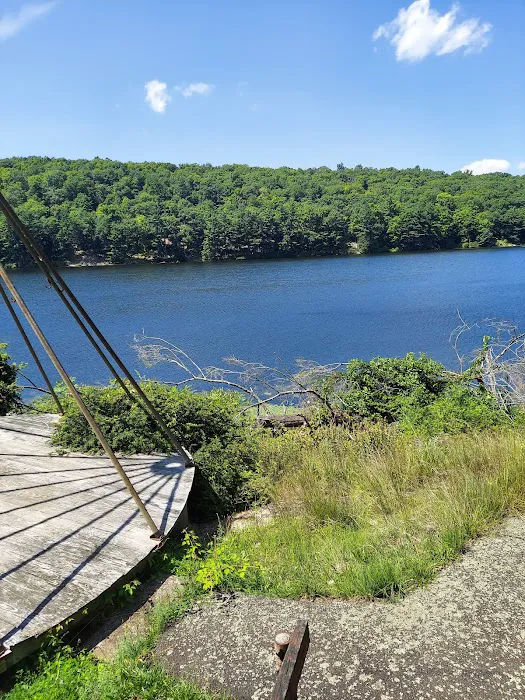
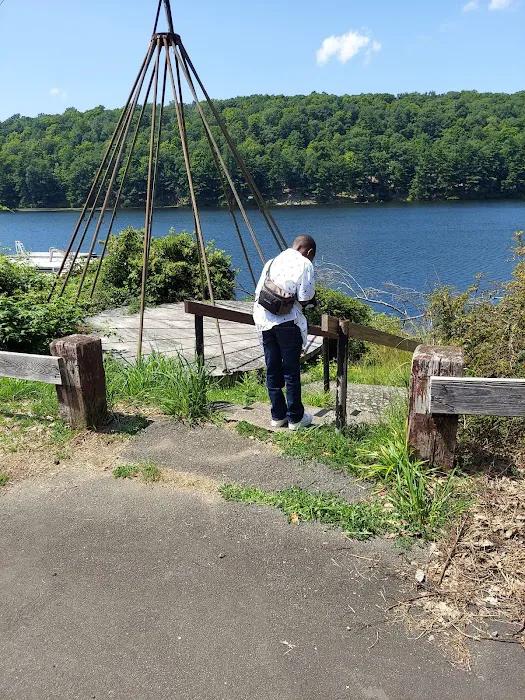
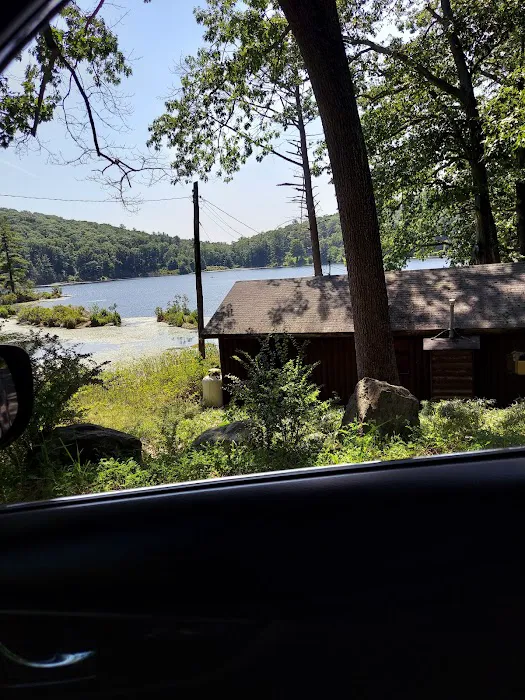
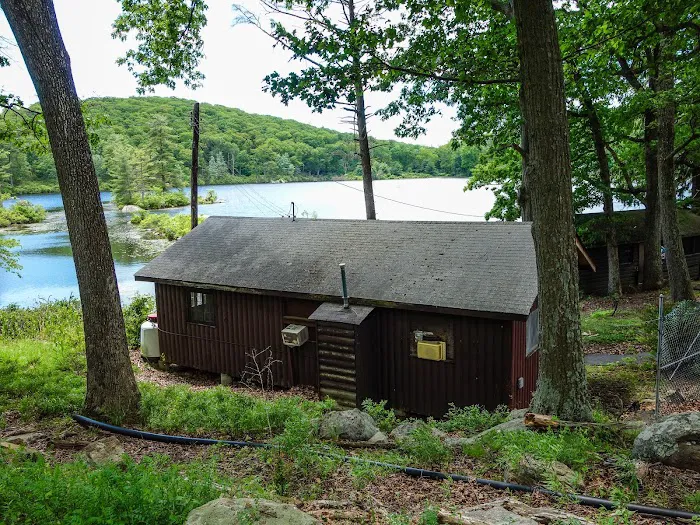
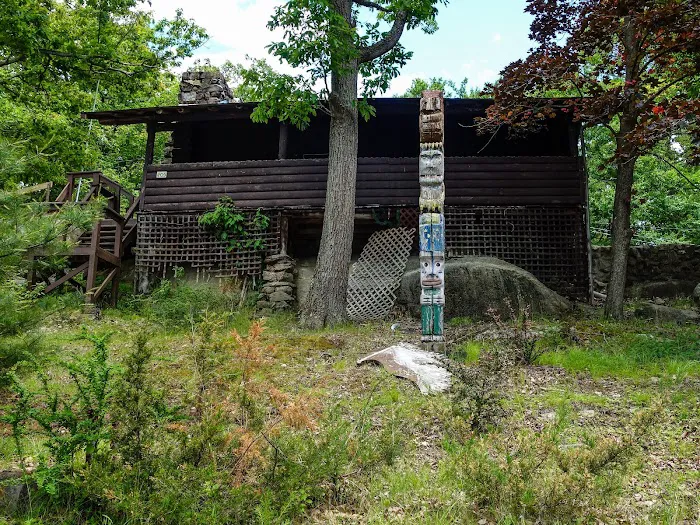
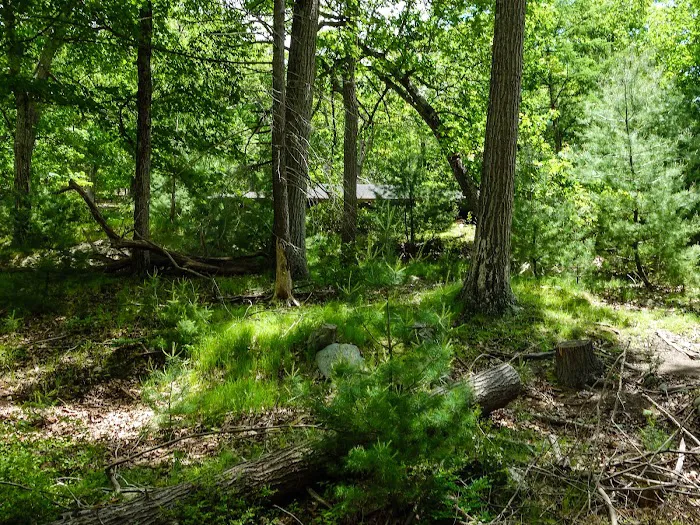
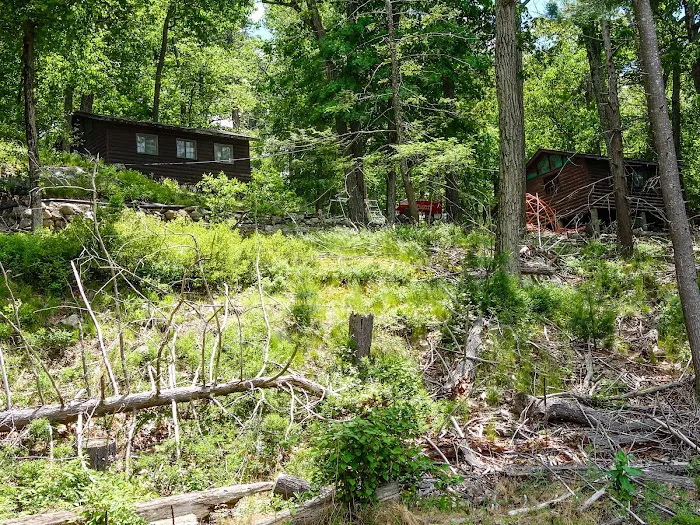
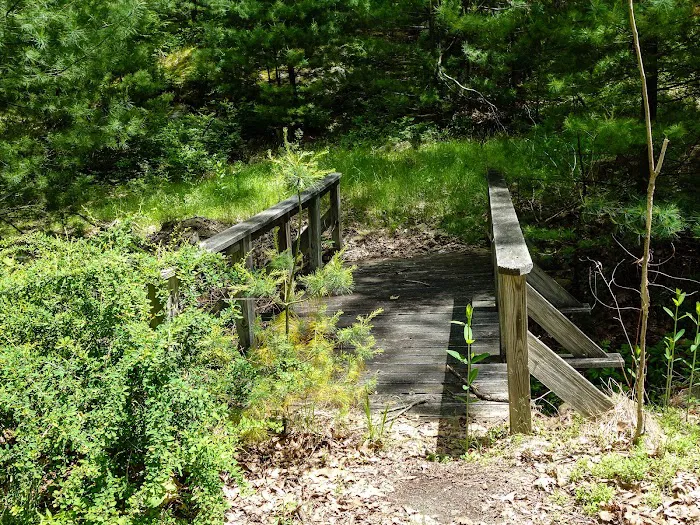
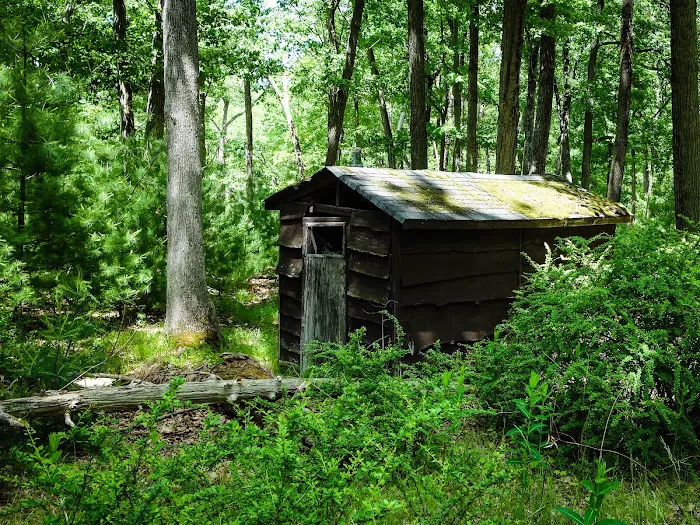
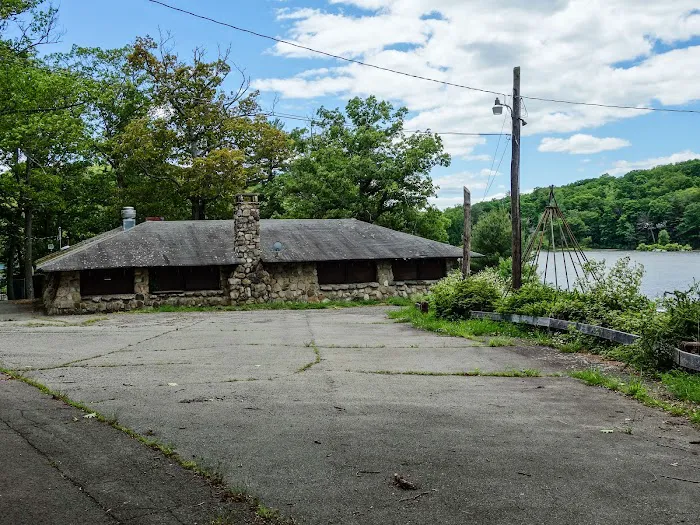
Camp Winonah Location
Camp Winonah
Southfields, NY 10975, USA
 Camp Winonah
Camp WinonahSouthfields
 Stahahe High Peak
Stahahe High PeakSouthfields
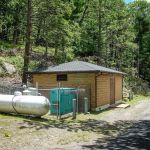 Camp Sebago
Camp SebagoSouthfields
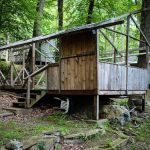 Camp Eureka
Camp EurekaSouthfields
 Nurian Trail Bridge
Nurian Trail BridgeSouthfields
 Nurian Trail trailhead
Nurian Trail trailheadSouthfields
 Black Rock
Black RockSouthfields
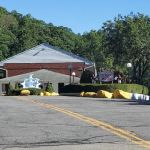 Tuxedo Motel
Tuxedo Motel985 NY-17
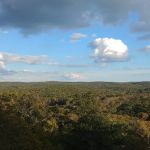 R-D Trail
R-D Trail1174-1182
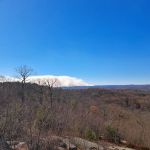 Trailhead Parking
Trailhead Parking1183-1175 County Rd 106
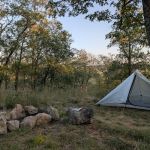 Tom Jones Shelter
Tom Jones ShelterSouthfields
 Arden Surebridge Trail (red markers)
Arden Surebridge Trail (red markers)Southfields
 Masonic Camp (K20)
Masonic Camp (K20)19-15 Masonic Camp Road
Camp Winonah Reviews
I was a camp counselor at Camp Wabinaki in 1970 - I was only 17, but talked my way into being a counselor because we knew someone in the Camp ranks - in NYC (I lived in Lancaster, PA). The camp was funded by a boys and girls club group in Lower East Side Manhattan (Ave. C). The first thing we'd do on day one for the kids was to check their suitcase for weapons and drugs. Only found weapons (zip guns), no drugs. A couple of years before I showed up, the camp had a staff member that was a professional artist for comic book covers. That's why the mess hall had ceiling banners. The banners were for "Color War". The camp in the 6th week (boys and girls), would be split into two teams. We had the Mongols vs. the Vikings (I think that might not be correct). But we were the Mongols. Each team had a banner for the last day parade through camp to the mess hall.The Director provided each team with a large box of stuff that we were to create stuff for the competing kids. Our box had a string of Christmas lights, tissue paper, bundling wire and a bunch of feathers. Just before the last day, I stayed up all night and made a Chinese dragon using the Christmas lights for the spine and the bundling wire for the body circumference and stuck feathers all over it. It took 10 kids to manage the dragon in the parade. Once in the mess hall, we hung it up and plugged it in. Color War had the kids all wound up and on the last night, the chaos was deafening. The winning team (not ours) won by 5 points our of 1,000 points. (we think it was political, since the director didn't take to kindly of my team's counselors). The grounds were well kept, and the cabins clean...it's a shame that time and life brings the property to such lower entropy.
Sep 03, 2024 · Jamie HolbrookThis camp was camp Wabenaki. Also it was S 3.I went three time's in the early 80's. The first bunk I stayed was called Beaver/ the second Apache and third Apache. I remember the name's of the my counselor's and other's. The mess hall had huge movie poster's on the cieling. I mean you cant see the cieling. Thats how big the posters were. Ralph Hittman had singing and name game's after breakfast and chow time. It was lot's of fun, back then. I apologize for saying it, before posting this review, I look at the photos of it now and all I see it's deteriorate. To me I saw it's the past that keep the camp in it's best form of shape. Only if the people were still around, but time's have change.Thank's camp Wabenaki for everything.
Jul 02, 2023 · jun moralesSpent 1 summer of my childhood here. In 1995 or 1996. Used to be called Camp Wabenaki. Nice place. Lots of memories.
Jun 24, 2021 · c.b.a.Gorgeous view, I love it!
Aug 13, 2021 · Sindi MensahnCamp Winonah is an overnight camp for inner city, at risk youth.
Jul 20, 2022 · Renata Baldwin
More Scenic Spot
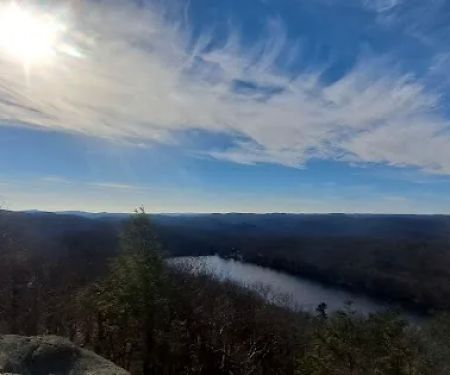 Stahahe High Peak4.0 (3 reviews)
Stahahe High Peak4.0 (3 reviews)Southfields, NY 10975, USA
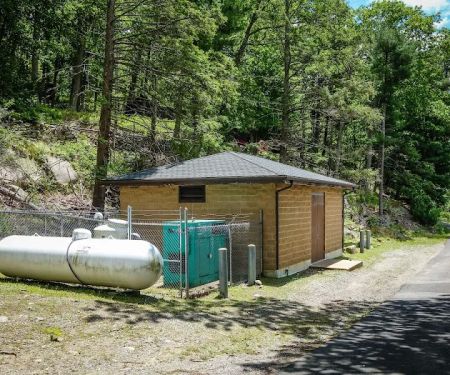 Camp Sebago0.0 (0 reviews)
Camp Sebago0.0 (0 reviews)Southfields, NY 10975, USA
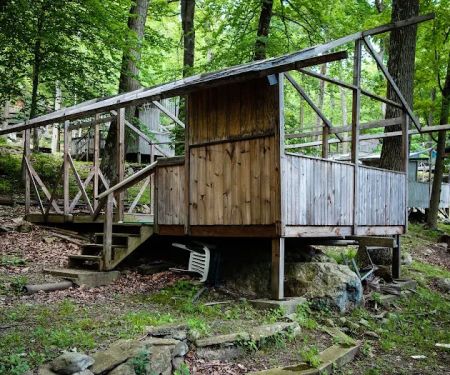 Camp Eureka5.0 (1 reviews)
Camp Eureka5.0 (1 reviews)Southfields, NY 10975, USA
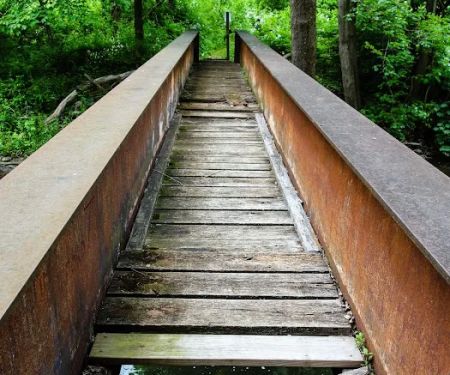 Nurian Trail Bridge3.0 (2 reviews)
Nurian Trail Bridge3.0 (2 reviews)Southfields, NY 10975, USA
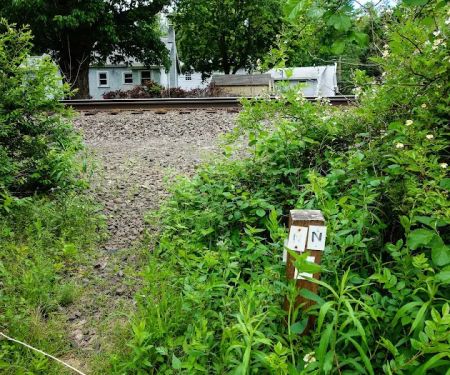 Nurian Trail trailhead5.0 (1 reviews)
Nurian Trail trailhead5.0 (1 reviews)Southfields, NY 10975, USA
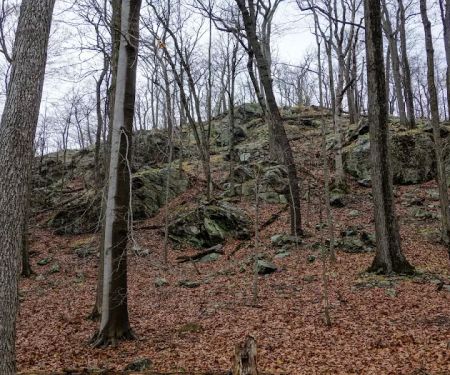 Black Rock4.0 (7 reviews)
Black Rock4.0 (7 reviews)Southfields, NY 10975, USA
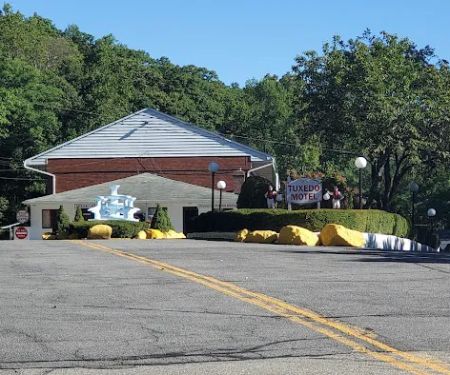 Tuxedo Motel4.0 (197 reviews)
Tuxedo Motel4.0 (197 reviews)985 NY-17, Southfields, NY 10975, USA
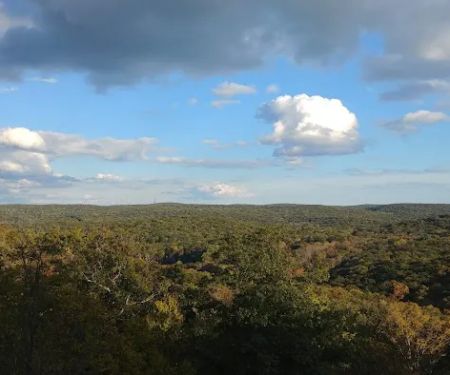 R-D Trail5.0 (3 reviews)
R-D Trail5.0 (3 reviews)1174-1182, County Rd 106, Tuxedo Park, NY 10987, USA
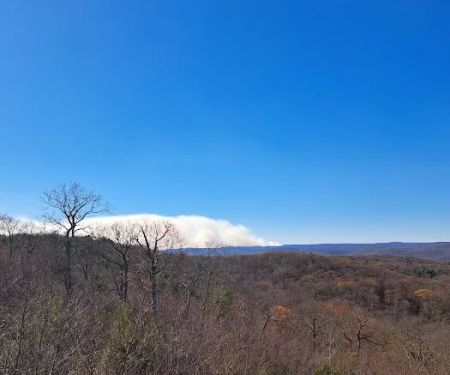 Trailhead Parking4.0 (7 reviews)
Trailhead Parking4.0 (7 reviews)1183-1175 County Rd 106, Southfields, NY 10975, USA
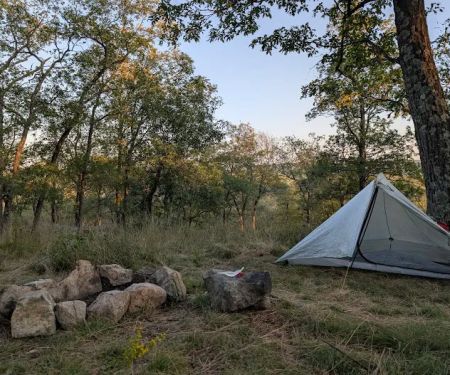 Tom Jones Shelter4.0 (72 reviews)
Tom Jones Shelter4.0 (72 reviews)Southfields, NY 10975, USA
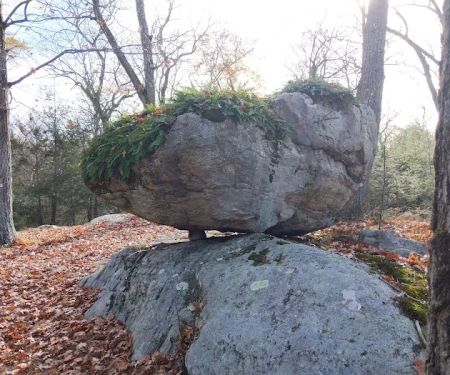 Arden Surebridge Trail (red markers)5.0 (2 reviews)
Arden Surebridge Trail (red markers)5.0 (2 reviews)Southfields, NY 10975, USA
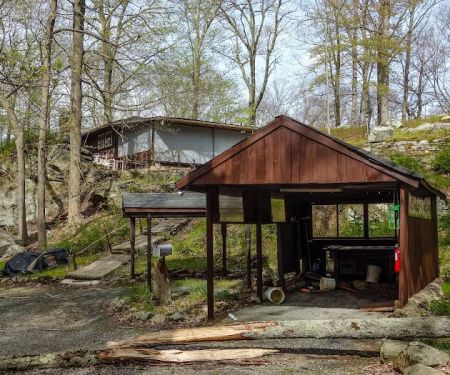 Masonic Camp (K20)4.0 (2 reviews)
Masonic Camp (K20)4.0 (2 reviews)19-15 Masonic Camp Road, Southfields, NY 10975, USA
Categories
Popular Camping Sites
 DoubleTree by Hilton Hotel Nanuet4.0 (1560 reviews)
DoubleTree by Hilton Hotel Nanuet4.0 (1560 reviews)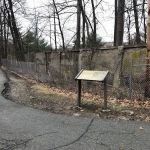 Traction Line Trail Access5.0 (1 reviews)
Traction Line Trail Access5.0 (1 reviews) Homewood Suites by Hilton Parsippany-Troy Hills4.0 (907 reviews)
Homewood Suites by Hilton Parsippany-Troy Hills4.0 (907 reviews) Umbrella Hotel Brooklyn3.0 (293 reviews)
Umbrella Hotel Brooklyn3.0 (293 reviews) Manchester Park4.0 (14 reviews)
Manchester Park4.0 (14 reviews) Garden of Love5.0 (2 reviews)
Garden of Love5.0 (2 reviews)Trending Camping Blog Posts
 Top Group Travel Destinations in Europe: Best Places for Group Vacations
Top Group Travel Destinations in Europe: Best Places for Group Vacations How to Get Involved in Travel Clans for Social Travel: Explore Group Travel Opportunities
How to Get Involved in Travel Clans for Social Travel: Explore Group Travel Opportunities Best Travel Clans for Sustainable Travel
Best Travel Clans for Sustainable Travel Best Group Vacation Destinations for Friends: Ultimate Travel Ideas
Best Group Vacation Destinations for Friends: Ultimate Travel Ideas Travel Clans for Solo Travelers Looking for Company: Join Unique Travel Communities
Travel Clans for Solo Travelers Looking for Company: Join Unique Travel Communities Best Travel Clans for Women Traveling Together
Best Travel Clans for Women Traveling Together 
